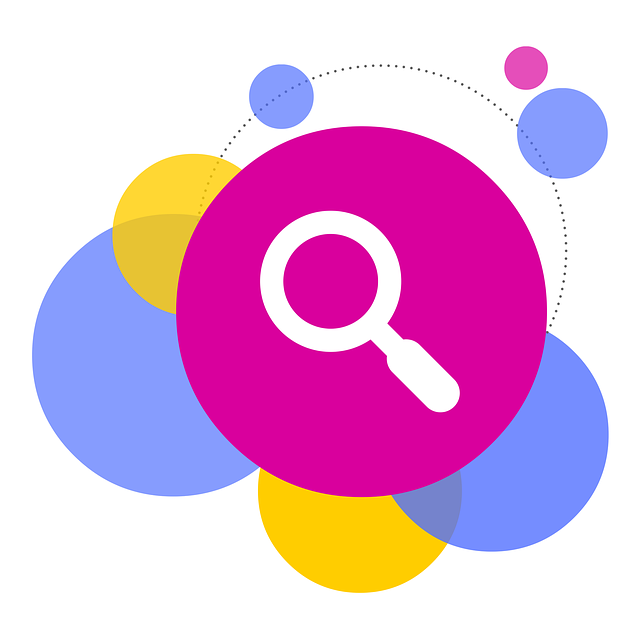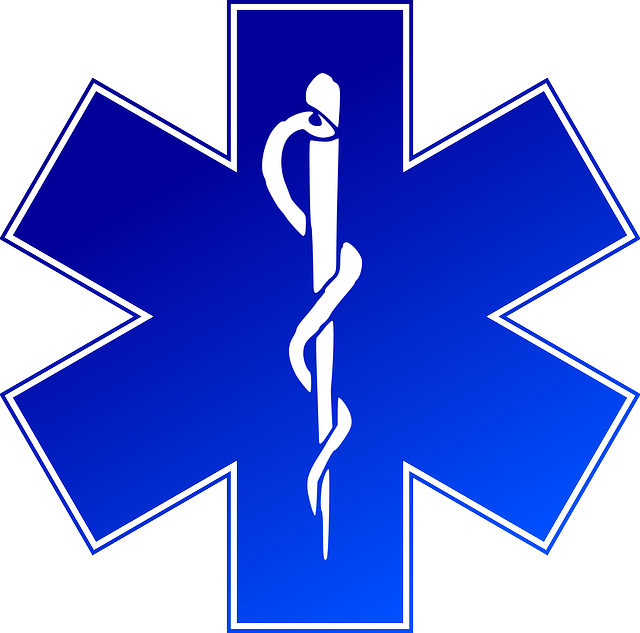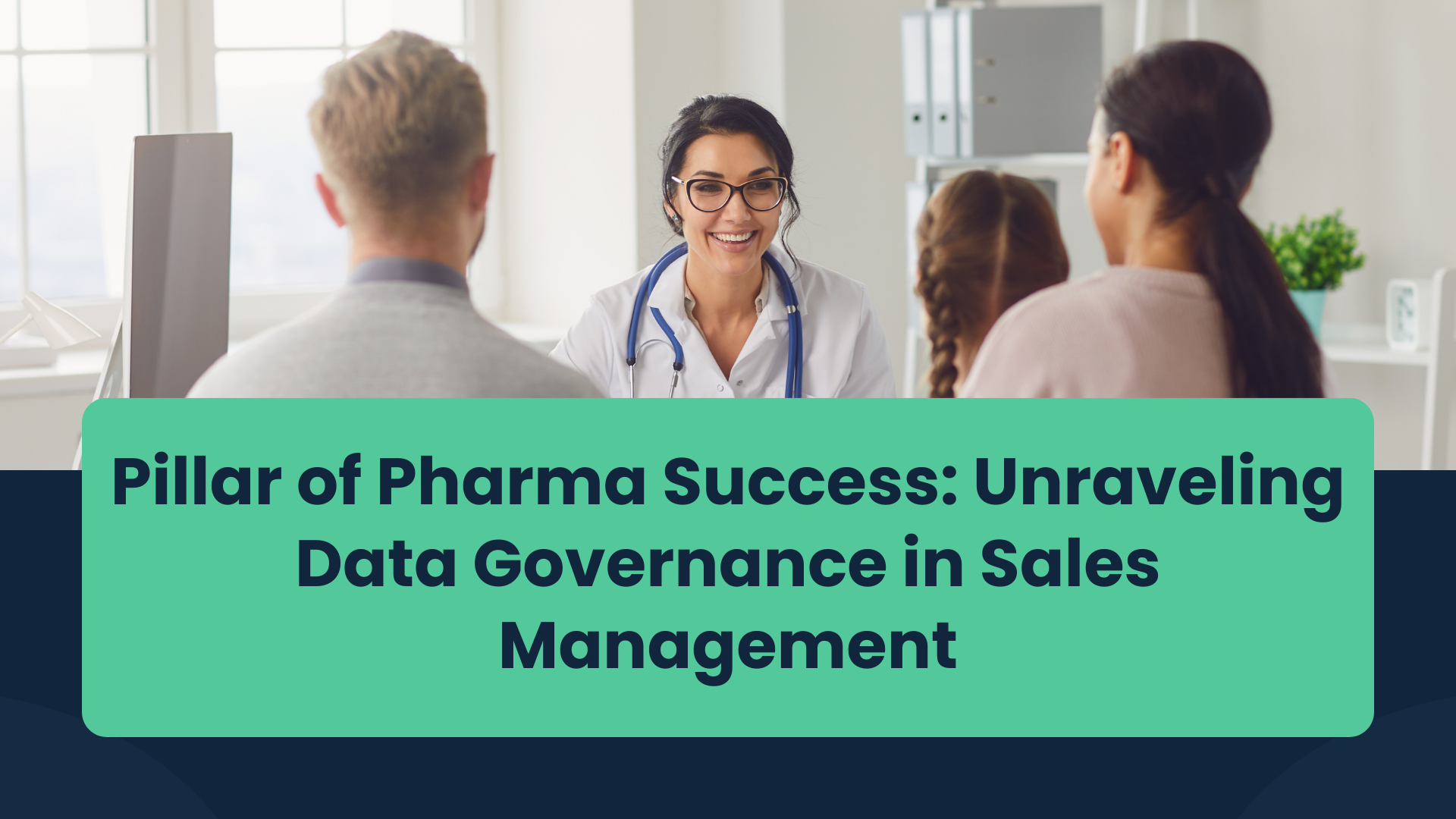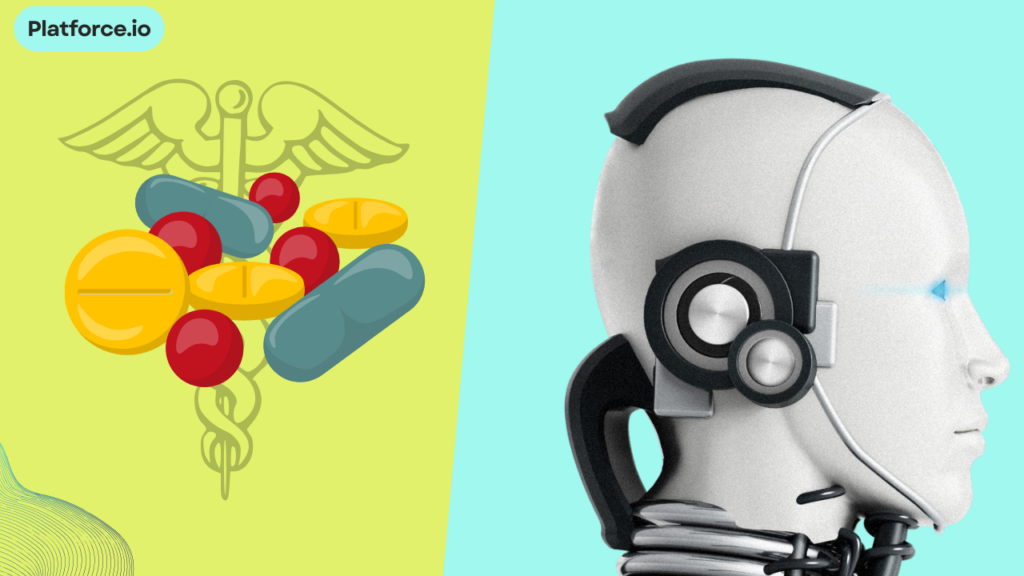Healthcare professional marketing, or HCP marketing, is all about engaging healthcare professionals like doctors, nurses, pharmacists, and other key decision-makers. Think targeted content, personalized messaging, and digital engagement—all designed to inform and influence healthcare professionals about products, treatments, and services, and improve patient outcomes.
Introduction
Let’s face it: the world of healthcare is evolving rapidly. And as digital interactions become the new norm, it presents both new challenges and new opportunities for pharmaceutical companies to reach and engage Healthcare Professionals (HCPs).
Traditional, one-size-fits-all marketing tactics are becoming less and less effective. Not surprisingly, HCPs are opting for personalized, relevant content instead.
This is where HCP Marketing comes in.
HCP marketing is a key strategy for pharmaceutical companies to communicate their products’ benefits, clinical data, and value to HCPs.
This article explores how Customer Relationship Management (CRM) and Closed-Loop Marketing (CLM) can help you build effective HCP engagement strategies and ultimately drive better marketing results.
Platforce’s CRM makes it easier to create effective marketing campaigns backed by real-time data. How? Read on.
- Understanding HCP Engagement and Marketing
- Personalization in HCP Marketing
- Creating Personalized Content: Strategies and Techniques
- Case Studies: Personalization Success Stories
Understanding HCP Marketing through the Lenses of Engagement
Think of HCP Marketing as any interaction, communication, or relationship a pharmaceutical company might have with a healthcare professional. HCP marketing involves engagement that not only provides clinical information, but is also able to establish relationships with individual HCPs to understand their needs, and ultimately to help improve patient care.
Personalization: The Heart of HCP Marketing
In HCP marketing, personalization involves tailoring your content to the unique needs, preferences, and challenges faced by individual HCPs in their daily practice. Personalization is integral to any HCP marketing strategy because it cuts through the noise. But not without internal alignment. That is, marketing and sales teams first need to improve their understanding of individual HCPs to develop a cohesive, omnichannel strategy.
“Very good personalization comes from very good segmentation and very good understanding of the actual differences in drivers and motivations for decision making that customers have,” said Claudia Adreani, Managing Director at Belly Slide Consulting. “It’s ‘Do I really understand how each HCP is different?’”
When done well, personalization can create meaningful connections by addressing specific pain points and delivering information that is directly relevant to their area of expertise. In other words, it meets HCPs where they are.
The Power of Personalization in HCP Marketing
As the healthcare landscape evolves, the industry faces a significant challenge in effectively engaging HCPs with their marketing efforts—a challenge compounded by the diverse needs of HCPs across different specialties, regions, and clinical interests.
Gone are the days of one-size-fits-all marketing strategies, bombarding HCPs with generic messages. Today, personalization is the name of the game. And it’s revolutionizing the way pharmaceutical companies communicate and connect with their target audience.
“It’s the same challenge as any industry,” Adreani said. “We’re bombarded everywhere, right? And for healthcare professionals, particularly now, after COVID, their time has reduced massively.”
“So if I’m going to give you my free time, you better tell me something that is actually relevant to me. And don’t waste time giving me stuff that I don’t really need.”
HCPs play a pivotal role in patient care decisions and expect communications that are tailored to their unique requirements. This shift towards personalized marketing is driven by the understanding that HCPs aren’t just consumers of information; they are partners seeking relevant and valuable insights that can help make informed decisions that align with their medical practice.
Why is Personalization Important in Pharma and HCP Marketing?
“When you look at the benefits that personalization brings to HCPs, it ultimately has to do with the benefits it brings to the patient and the way the HCP is able to use that messaging in their communication with the patient,” explained Adreani.
“You’re making the HCPs life easier because you’re already giving them the tools to sell or prescribe the product to their patients.”
The value proposition of personalized HCP marketing also includes:
- Enhanced Engagement: Personalized content resonates with HCPs, capturing their attention and encouraging deeper engagement with the information provided.
- Credibility and Trust: Tailored communication demonstrates an understanding of HCPs’ challenges and showcases the company’s commitment to addressing those challenges.
- ROI Optimization: Marketing efforts become more efficient and effective as personalized content yields higher response rates and conversion rates.
- Adapting to Evolving Needs: Personalization allows pharmaceutical companies to adapt their messaging and content based on the ever-changing landscape of healthcare.
- Building Lasting Relationships: By consistently delivering relevant and valuable information, companies can forge lasting relationships with HCPs and position themselves as trusted partners.
CRM: A Tool for Personalized HCP Marketing
Customer Relationship Management (CRM) systems are an essential tool for personalized HCP engagement. CRMs consolidate data from various touchpoints, like conferences, webinars, online interactions, and surveys. Together, this data paints a comprehensive picture of each HCP never before possible, enabling pharma marketing teams to understand HCPs’ preferences, prescribing patterns, communication needs, and more.
“It allows you to keep enriching that 360-view of your customer. That’s where I see the biggest value of the CRM” said Adreani.
By analyzing this data, companies can segment HCPs into distinct groups based on things like specialty, region, or prescribing habits. These segments allow for tailored content that speaks directly to the unique needs and interests of each group.
For example, an oncologist will require different information compared to a general practitioner. And CRMs enable the delivery of relevant content to both.
Personalized Communications: How to Take HCP Engagement to the Next Level
In a field as specialized as healthcare, personalized communication matters. Generic marketing messages often fall flat.
CRM systems, on the other hand, can empower healthcare marketers to tailor their communications in ways that resonate with individual HCPs. This can include:
Content Relevance: Delivering content aligned with an HCP’s specialty and interests.
Preferred Channels: Engaging HCPs through their preferred channels, like email, social media, or in-person meetings.
Timely Outreach: Sending messages at optimal times, respecting the busy schedules of HCPs.
Customized Offers: Presenting relevant promotions, educational resources, or product updates based on an HCP’s history and needs.
Tailored HCP Advertising with CRM
Integrating CRM data with advertising efforts can allow pharmaceutical companies to target HCPs more effectively.
“These insights are going to allow you to segment customers or enrich your segmentation via what you’re capturing via the reps in the CRM,” Adreani added.
That is, by using insights from CRM systems, companies can create highly targeted and interactive ad campaigns that resonate with specific HCP segments. This can lead to:
Higher Relevance: Ads aligned with an HCP’s specialty and patient demographics lead to higher engagement rates.
Increased Engagement: Personalized ads grab attention and build better interactions.
Efficient Spending: Targeted advertising reduces wasted spending on irrelevant audiences.
Case Study: CRM-Enabled Personalized HCP Marketing Strategy
So using CRM data can help pharmaceutical companies target HCPs more effectively. But what does a CRM-enabled personalized HCP marketing strategy look like in practice? Take this case study, for example. When traditional outreach didn’t produce the engagement they were hoping for, this pharmaceutical company turned to CRM data to create personalized content. See for yourself:
Challenge
When a pharmaceutical company wanted to improve its engagement through an HCP marketing strategy with oncologists and hematologists for a new cancer treatment, traditional outreach methods resulted in low response rates and limited engagement.
Solution
The company then implemented a CRM system to track interactions, preferences, and feedback from these specialists. Leveraging the CRM data, they created personalized content, including scientific articles, webinars, and updates on clinical trials. Through the CRM, they were able to identify preferred communication channels and optimal times for reaching out. And they saw the impact almost immediately.
Results
Response Rate: The personalized approach resulted in a 30% increase in response rates compared to previous generic campaigns.
Engagement: HCPs engaged with the content more deeply, attending webinars and sharing relevant articles.
Relationship Building: The CRM-enabled strategy led to stronger relationships with HCPs, positioning the company as a trusted partner in oncology and hematology.
Closed-Loop Marketing: The Key to Personalized HCP Advertising
Closed-Loop Marketing (CLM) is an essential strategy for pharmaceutical companies seeking to enhance HCP engagement. CLM involves a continuous feedback loop that integrates data from various stages of the marketing cycle to optimize and personalize advertising efforts. With CLM, marketing teams can tailor outreach to HCPs by analyzing interactions, leading to more relevant conversations and stronger relationships for sales teams.
So how does it work? Read on!
How CLM Works
- Data Collection: The process starts with collecting data from various touchpoints, including website interactions, email engagements, content downloads, and in-person interactions.
- Analysis and Insights: This data is then analyzed to gain insights into HCP behaviors, preferences, and interests. Advanced analytics tools help identify patterns and trends.
- Personalization: Armed with data-driven insights, companies can tailor their advertising messages, content, and outreach to align with each HCP’s profile and preferences.
- Delivery: Personalized content and ads are delivered through the preferred channels and at the optimal times for each HCP.
- Feedback Loop: Responses and engagements generated by these personalized efforts are captured, completing the loop and providing further data to refine future campaigns.
Closed-Loop Marketing (CLM) in Real-Time Refinement
Personalization goes beyond content creation. In fact, it extends into the dynamic realm of real-time interaction. This is where Closed-Loop Marketing (CLM) comes into play.
CLM bridges the gap between marketing and sales teams, creating a feedback loop that ensures marketing efforts remain closely aligned with the realities faced by sales representatives in the field.
As sales representatives engage with HCPs, they gather valuable insights about their questions, concerns, and interests. This real-time feedback is relayed back to the marketing team, allowing them to adapt and refine their strategies accordingly. This iterative process ensures that the content produced remains not only personalized but also highly relevant, reflecting the actual needs of HCPs.
“If you’re a rep in front of a customer and you’re not quite sure yet where that customer sits, you should have the flexibility to flick around and kind of create the story,” Adreani explained. “But that may require different content. Marketing needs to be able to create a story that is a little bit more flexible.”
Driving Personalized Engagement with Data-Driven Insights
Data-driven insights are the foundation of successful personalized HCP advertising. Utilizing CRM systems and advanced analytics tools, companies can gain a deep understanding of HCPs:
Specialties: Targeting content and ads relevant to an HCP’s area of expertise.
Engagement History: Knowing which types of content and channels an HCP prefers.
Geographical Locations: Adapting messages based on regional healthcare needs.
Patient Demographics: Aligning advertising with specific patient populations.
These insights enable pharmaceutical and pharma companies to create more relevant, impactful, and resonant advertising campaigns that capture the attention of HCPs and drive engagement.
Case Study: Success in Personalized HCP Advertising with Closed-Loop Marketing
So what does this look like in practice? Take this case study, for example.
Challenge
When a pharmaceutical company aimed to boost its engagement with cardiologists and endocrinologists for its new cardiovascular medication, traditional methods yielded limited results.
The truth is, it was challenging to differentiate messages between the two specialties. And as a result, the company’s content didn’t resonate with either one.
What did they do?
Solution
In search of a solution, the company adopted a Closed-Loop Marketing approach, leveraging data from CRM systems and other engagement platforms for analytics.
They crafted personalized content highlighting the medication’s benefits, tailored to each specialty’s unique perspective. And the delivery times were adjusted to coincide with optimal reading periods for cardiologists and endocrinologists.
Results
Specialty Relevance: Engagement rates increased by 40% as HCPs found the content more relevant to their daily practice.
Time Optimization: Delivering content at optimal times resulted in higher open and click-through rates.
Feedback Integration: Insights from HCP interactions were integrated into subsequent campaigns, leading to a cycle of continuous improvement
Benefits of Personalized HCP Engagement

Enhanced Engagement: Personalized content captures HCPs’ attention and resonates with their professional needs, fostering deeper engagement.
Trust and Credibility: Tailored communication demonstrates an understanding of HCPs’ challenges, building trust and credibility between pharmaceutical companies and HCPs.
Higher ROI: Personalized HCP engagement results in more effective marketing campaigns, leading to higher ROI on marketing investments.
Improved Advertising Effectiveness: HCP advertising becomes more impactful when the message directly addresses the HCPs’ concerns and aligns with their interests.
Overcoming Challenges: Privacy and Data Security
While personalization offers remarkable benefits, it also raises concerns about privacy and data security.
To prevent these problems pharmaceutical companies must adhere to strict regulations such as the Health Insurance Portability and Accountability Act (HIPAA) to ensure that sensitive HCP data is handled securely and ethically. It should even be mentioned in the agreement.
Transparency about data collection, use, and opt-out options is paramount to maintaining the trust you’ve built with HCPs.
Conclusion:
Customer relationship management (CRM) and closed-loop marketing (CLM) have converged to usher in a transformative era of HCP engagement. Today, personalized interactions with HCPs are no longer a luxury. Rather, they are a necessity for building meaningful relationships and improving patient care.
The journey toward personalization begins with data collection and analysis, which forms the bedrock of data-driven insights. Armed with these insights, companies can create innovative content that cuts through the noise and offers relevant messaging to specific specialties, patient demographics, and geographical regions.
In the end, the marriage of CRM and CLM doesn’t just represent a new paradigm in HCP marketing; it signifies a commitment to delivering excellence in healthcare. By putting HCPs at the heart of tailored communications, companies are not only driving business growth but also contributing to better patient outcomes through informed decision-making and improved healthcare practices.
Platforce is the best CRM software for lead generation, order management, sales automation, and task management. Unlike other software, Platforce gives your company all it needs to optimize customer relations and boost customer experience.
See for yourself! Demo Platforce’s CRM System and AI Assistant today. And follow us on our YouTube and LinkedIn channels.













